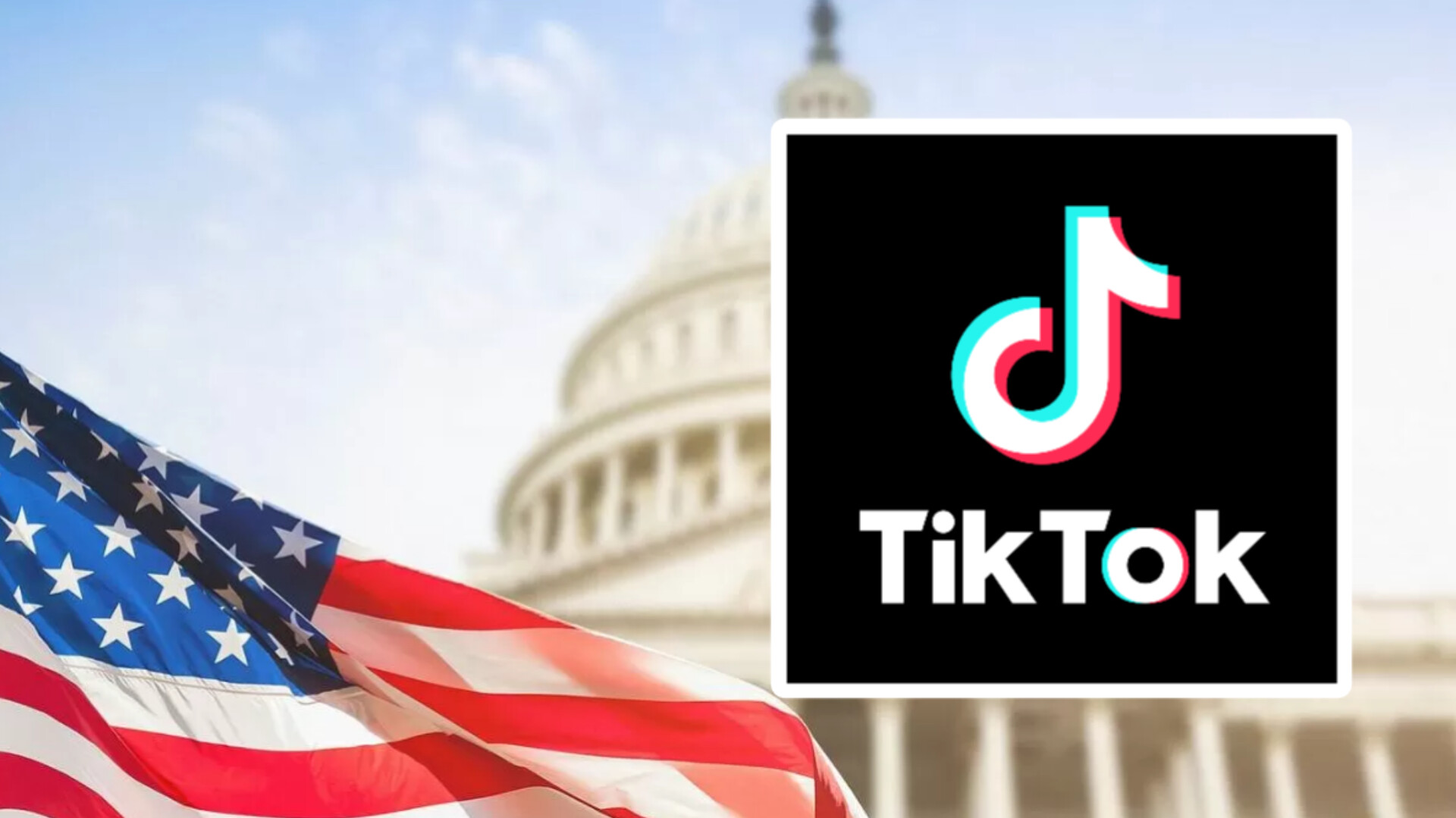TikTok is facing a potential ban in the U.S. after a federal appeals court recently upheld a law requiring its Chinese parent company, ByteDance, to either divest ownership of TikTok or face removal from app stores by January 19, 2025.
The law, passed earlier in 2024, cites national security concerns due to TikTok’s ties to China. These concerns include the potential misuse of user data and fears of Chinese influence through the app’s algorithm. TikTok’s appeals to overturn the law have so far failed, and the company plans to take the case to the U.S. Supreme Court.
However, the situation remains complex. TikTok has argued that the ban infringes on free speech rights under the First Amendment, and it has proposed measures like “Project Texas,” which isolates U.S. user data under the oversight of an American company, Oracle. Additionally, President-elect Donald Trump’s stance could influence the outcome, as he previously indicated he might not enforce the ban once in office.
For now, TikTok remains operational in the U.S., but its future hinges on the Supreme Court’s decision or potential policy changes under the new administration.

The U.S. government has taken significant steps toward banning TikTok, with recent developments intensifying the platform’s legal and political challenges. Here’s a detailed overview:
Legal Context and National Security Concerns:
TikTok’s parent company, ByteDance, is required by a new law to sell TikTok to a U.S.-based entity by January 19, 2025, or face a ban. The U.S. government argues that TikTok’s Chinese ownership poses a national security threat, citing potential misuse of American users’ data and algorithmic influence to promote pro-China narratives. TikTok disputes these claims, emphasizing its efforts to separate U.S. operations from ByteDance through “Project Texas”.
Appeals and Supreme Court:
TikTok has appealed the decision, arguing that banning the app violates First Amendment rights. Federal courts have so far upheld the law, asserting that national security risks justify its enactment. TikTok plans to escalate its case to the Supreme Court, seeking an injunction to block the law’s implementation.
Political Factors:
The upcoming administration of President-elect Donald Trump could influence the enforcement of the ban. Trump, who previously sought to ban TikTok in 2020, has recently softened his stance, suggesting the possibility of reevaluating the ban once in office. However, bipartisan support for limiting TikTok’s operations remains strong in Congress.
Impact on Users and Creators:
TikTok has over 170 million users in the U.S., including many creators and businesses relying on the platform for income. A ban could force users to shift to alternative platforms like Instagram or YouTube, though creators argue these platforms lack TikTok’s reach and features.
Broader Implications:
If enforced, the ban would mark one of the most significant actions against a foreign-owned tech platform in U.S. history. It highlights escalating tensions between the U.S. and China and could set a precedent for handling foreign-owned apps.
The situation remains fluid, with TikTok’s future hinging on the Supreme Court decision and potential executive action under the new administration.
The primary reason for the U.S. government’s push to ban TikTok is national security concerns tied to its Chinese parent company, ByteDance. The U.S. alleges that TikTok poses the following risks:
Data Privacy and Surveillance:
TikTok collects vast amounts of user data, including location and behavioral information. U.S. officials are concerned that this data could be accessed by the Chinese government under Chinese laws, potentially compromising the privacy of U.S. citizens.
Propaganda and Influence:
The U.S. government fears that the Chinese government could manipulate TikTok’s algorithms to promote pro-China narratives, censor critical content, or influence public opinion, especially during times of geopolitical tension.
Cybersecurity Threats:
There are concerns that TikTok could be exploited for espionage or cyberattacks, given the strained U.S.-China relations and allegations of Chinese cyber-espionage activities targeting Western nations.
Precedent of Foreign Ownership in Sensitive Sectors:
The U.S. considers ByteDance’s control of a major social media platform a strategic risk, likening it to a hypothetical scenario where a foreign adversary controls a critical media outlet.
To address these issues, the U.S. Congress passed a law requiring ByteDance to sell TikTok to a U.S.-based entity or face a ban starting January 2025. ByteDance has denied any wrongdoing and implemented measures like “Project Texas” to store and manage U.S. data within the country under Oracle’s oversight. However, these efforts have not fully satisfied U.S. lawmakers and national security agencies.






Leave a Reply